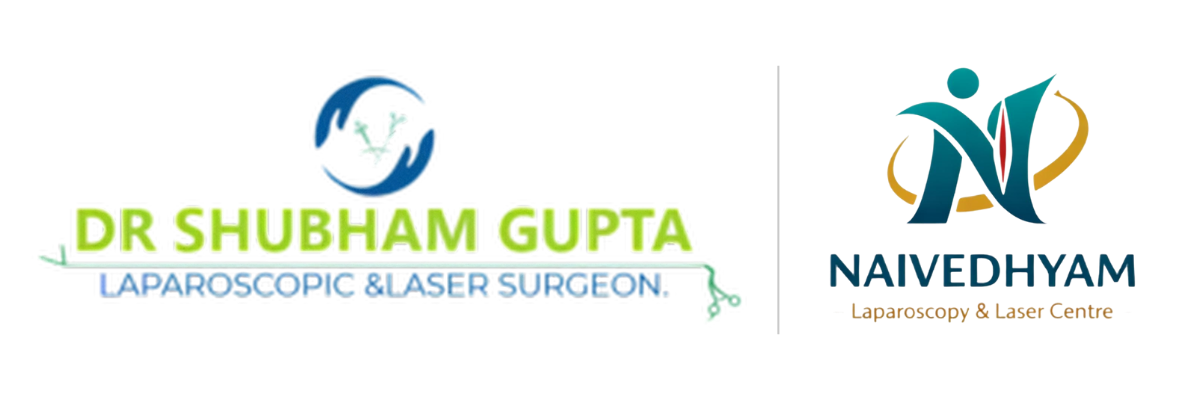Symptoms of GERD
The hallmark symptom of GERD is heartburn, a burning sensation in the chest, often occurring after eating and worsening at night. However, the symptoms of GERD extend beyond simple heartburn and may include:
- Regurgitation of food or sour liquid (acid reflux)
- Difficulty swallowing (dysphagia)
- A feeling of a lump in the throat
- Chronic cough or wheezing
- Hoarseness or sore throat
- Chest pain, especially when lying down
- New or worsening asthma
These symptoms can vary widely in frequency and intensity, and not everyone with GERD experiences heartburn. Chronic GERD can lead to more severe complications such as esophagitis, Barrett’s esophagus, and even esophageal cancer.
Causes of GERD
GERD occurs when the lower esophageal sphincter (LES), a circular band of muscle at the bottom of the esophagus, fails to close properly or opens too often. This dysfunction allows the acidic contents of the stomach to flow back into the esophagus. Factors that can weaken or relax the LES include:
- Obesity: Increased abdominal pressure can contribute to the development of GERD.
- Diet: Consumption of large meals, and intake of certain foods like fatty or fried items, chocolate, caffeine, and spicy foods.
- Smoking and alcohol: Both can interfere with the LES function.
- Pregnancy: Hormonal changes and increased abdominal pressure can lead to GERD.
- Medications: Certain drugs, such as asthma medications, antihistamines, painkillers, sedatives, and antidepressants.
Diagnosing GERD
Accurate diagnosis of GERD is crucial for effective treatment. Diagnosis typically starts with a physical examination and a review of symptoms. If typical treatments do not alleviate symptoms, further diagnostic tests may include:
- Endoscopy: A flexible tube with a camera (endoscope) is inserted down the throat to examine the esophagus and stomach.
- Esophageal pH Monitoring: Measures the amount of acid in the esophagus over 24 hours.
- Esophageal Manometry: Assesses the movement and pressure in the esophagus.
- Barium Swallow Radiograph: After drinking a barium solution, X-ray images of the upper digestive system are taken to look for abnormalities.
Treatment of GERD
The treatment of GERD aims to reduce symptoms, heal any esophageal damage, and prevent complications. Treatment strategies include lifestyle changes, medications, and, in severe cases, surgery.
- Lifestyle Changes: Effective first-line interventions include eating smaller meals, avoiding food within two to three hours before bedtime, losing weight if overweight, and elevating the head of the bed.
- Medications: Several types of medication can reduce stomach acid and provide relief from symptoms. Antacids can quickly neutralize acid and relieve pain. H2-receptor antagonists and proton pump inhibitors (PPIs) reduce acid production, with PPIs generally being more effective.
- Surgical Treatments: Surgical options are considered when lifestyle changes and medications do not effectively manage symptoms, or if there are complications like severe esophagitis. The most common surgery for GERD is the laparoscopic Nissen fundoplication, in which the top of the stomach is wrapped around the lower esophagus to tighten the LES and prevent reflux.

Gastroesophageal reflux disease is a prevalent condition that can range from a minor nuisance to a significant obstacle to daily comfort and health. Understanding the symptoms and causes of GERD is vital for early recognition and treatment. With proper management, including lifestyle modifications, medications, and possibly surgery, most people can live well and minimize the impact of this condition. If you suspect you might have GERD, it is essential to consult a healthcare provider to begin an appropriate treatment plan and prevent potential complications.


